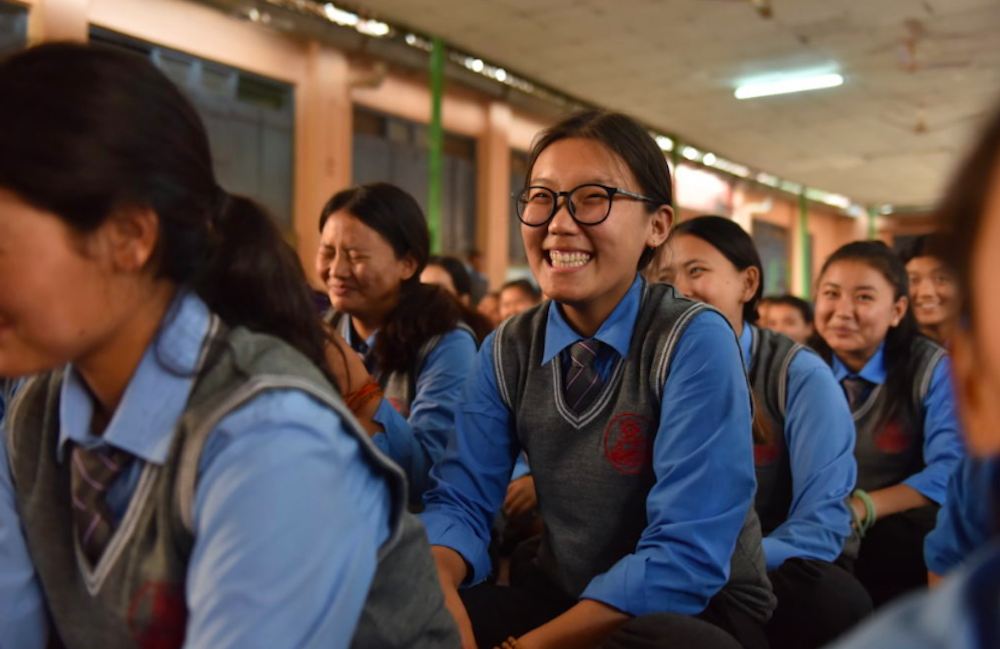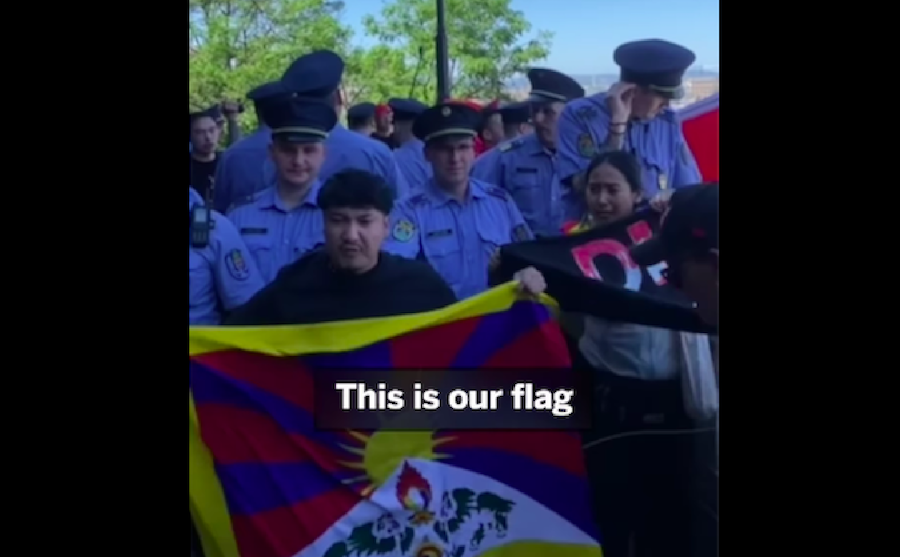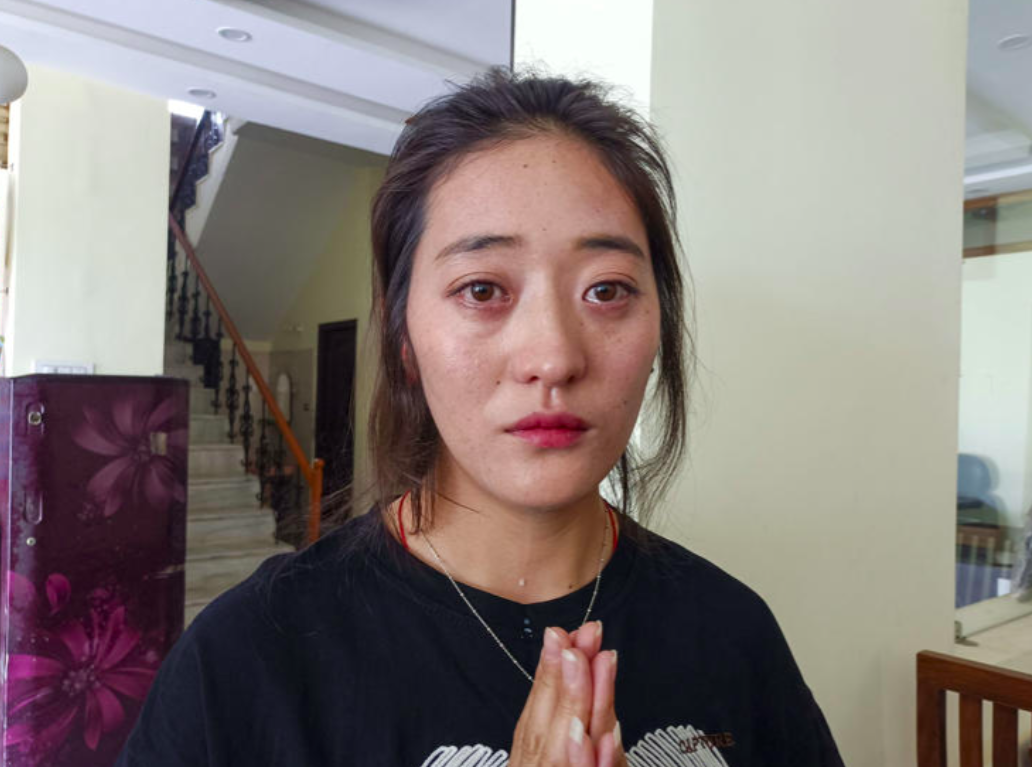Beijing is burnishing its image as the Games near, hoping to avoid fates that befell Moscow and Seoul.
By Melinda Liu
(May 14-21, 2007 issue): Late in march, the actress Mia Farrow wrote an op-ed in The Wall Street Journal calling for a boycott of the 2008 Olympic Games in Beijing. Denouncing China for its support of the murderous Sudanese government (which happens to be China’s sixth largest oil supplier), she dubbed the upcoming Games the “Genocide Olympics.”
Beijing, which has been wary of Hollywood’s PR power ever since Richard Gere and others began campaigning for Tibet’s independence years ago, quickly kicked into damage-control overdrive. Even as the state-run China Daily complained that it was an “insult to the Olympic spirit to wantonly blame China for the Darfur crisis,” Beijing sent a special envoy, Zhao Jun, to Khartoum to press the regime there to accept U.N. peacekeepers; Sudan duly agreed to such a force on April 16.
As the episode showed, the upcoming Olympics and the international spotlight being shone on China are proving a potent catalyst for change. Beijing seems to be growing more vulnerable to international public opinion, especially on prickly questions like human rights. At the same time, however, China is studying the impact of past Games in order to carefully calibrate its response. Of special interest are the 1980 Moscow Olympics—which became a PR debacle for the Soviets when the West boycotted them to protest the invasion of Afghanistan—and the 1988 Seoul Games, which, while seen as a success, also drew international attention to massive street protests and helped force the military regime to give up power. China’s leaders, keen to avoid either scenario, are walking a tightrope as they try to improve their image without losing absolute power.
So far, the effort seems to be working. Beijing has recently inaugurated a series of domestic reforms, such as the greening of the capital (moving some industrial workshops out of the city to cut pollution) and the Jan. 1 lifting of many restrictions on foreign-media reporting. Authorities insist these changes aren’t a direct result of Olympics PR but confess that they’re not unrelated either. “It’s like a family buying new furniture because it’s about to host some guests for a party. Maybe they were going to do it a few years in the future, but because of their guests, they do it now,” says Tu Mingde, deputy chairman of the Beijing Organizing Committee for the Olympic Games.
On the international front, China has accelerated efforts to resolve thorny foreign-policy issues. Before its Darfur turnaround, Beijing was unusually assertive in helping to hammer out a nuclear agreement with ally North Korea, a move analysts believe was aimed at preventing an impasse that would have cast a shadow on the Games. Chinese officials have also been discussing rapprochement with representatives of the Vatican and Tibet’s exiled spiritual leader, the Dalai Lama, both of whom have been vilified by Beijing in the past. Experts also expect Beijing to become more active in helping defuse the Iranian nuclear crisis.
Such efforts have already mollified some critics—Farrow has described Beijing’s new tack on Darfur as “extraordinary.” China, however, still has its work cut out for it. Some experts argue that its reforms are just a cynical attempt to improve its international image in the pre-Games run-up. “The Communist Party policy always is to loosen up outside but tighten inside,” says Li Datong, an outspoken former magazine editor.
And the fact remains that the ambitions of China’s leaders—which include absolute political control at home and a fierce determination to assert sovereignty—remain the same as ever, which will at least partially undercut any efforts to repackage China as a kinder, gentler state. To grasp the complications, consider Beijing’s recent contortions over Taiwan. Convinced that Taiwan’s feisty, pro-independence President Chen Shui-bian aims to exploit the Games for his own agenda, Beijing is balancing the risks of a belligerent overreaction (precisely what Chen wants) with the danger of seeming too conciliatory toward what it still views as its renegade province.
Accordingly, in the last weeks China has engaged in delicate negotiations with Taiwan on a seemingly mundane issue: the traditional Olympic torch relay, in which the symbol of the Games is carried overland from Athens to the host country. From the outset, mainland planners aspired to have the torch carried from the high-altitude Tibetan Himalayas to other outposts of the Middle Kingdom, including Taiwan, in order to symbolize the vast reach of the Chinese domain. But many Taiwanese have balked; last year the pro-independence Taipei Times taunted Beijing with an editorial titled take your Olympic torch and snuff it.
In a gala launch April 26, Chinese officials proclaimed that the Olympic flame will be carried from Ho Chi Minh City to Taiwan and then to the semiautonomous Chinese enclave of Hong Kong—a move rejected by Taiwan authorities, who called it a bid “to denigrate Taiwan’s sovereignty.” Taipei wanted the torch to enter and leave Taiwan through third-party countries that are not part of China, to avoid suggestions of a “domestic route.”
Even if Beijing manages to work things out with Taipei, that doesn’t guarantee smooth sailing over the 15 months between now and the start of the Games. On April 25, Chinese authorities detained four Tibetan independence activists, all U.S. citizens, at a Mount Everest base for protesting Tibet’s inclusion in the Olympic torch relay. Such activists recognize the same opening as Farrow and other Hollywood power brokers: “The Olympics is an opportunity to push China for change, and it’s our responsibility to take the mask off the face of the Beijing regime,” says Lhadon Tethong, executive director of Students for a Free Tibet in Katmandu. “These four detained activists are just the beginning of a wave of protest” leading up to the 2008 Games. On April 30, Amnesty International planned to release a statement criticizing Beijing’s tightening of domestic-media controls and the apparent use of the Olympics as a rationale for extending the use of detention without trial. If such efforts do increase, Chinese officials may find it increasingly difficult to avoid the twin dangers of Moscow and Seoul and the unpalatable alternatives that they represent: an embarrassing call to boycott or a wave of protests, either of which could seriously damage Beijing’s prestige.
With Jonathan Adams in Taipei









